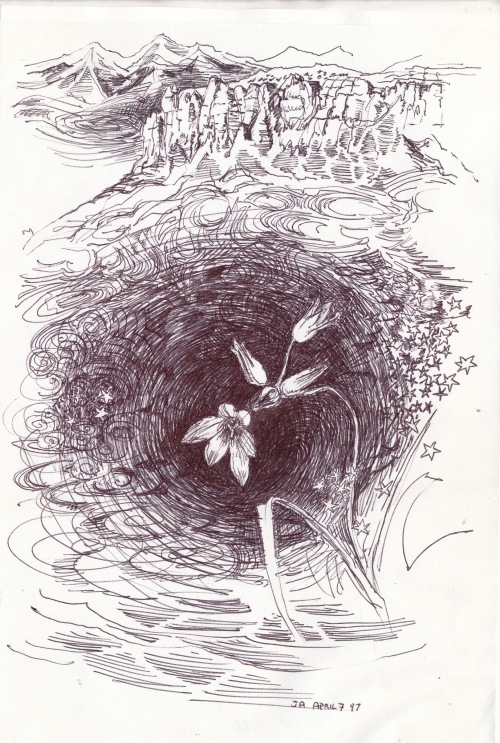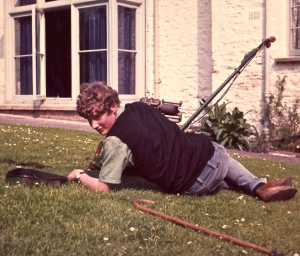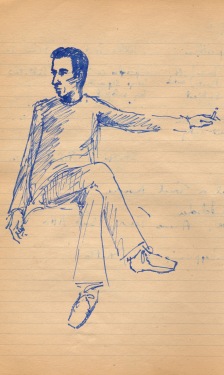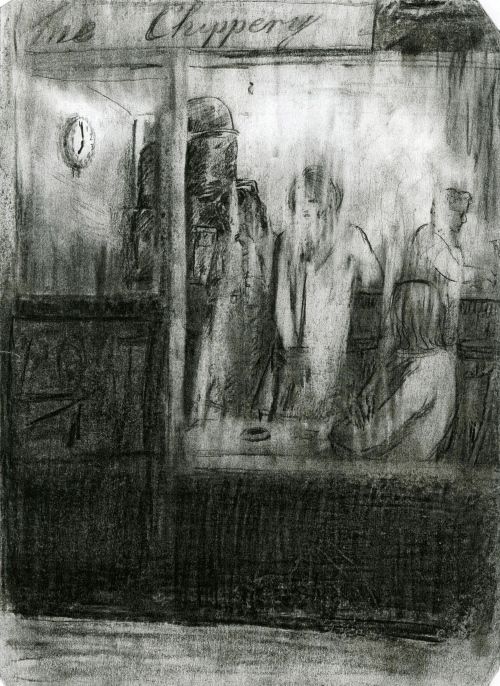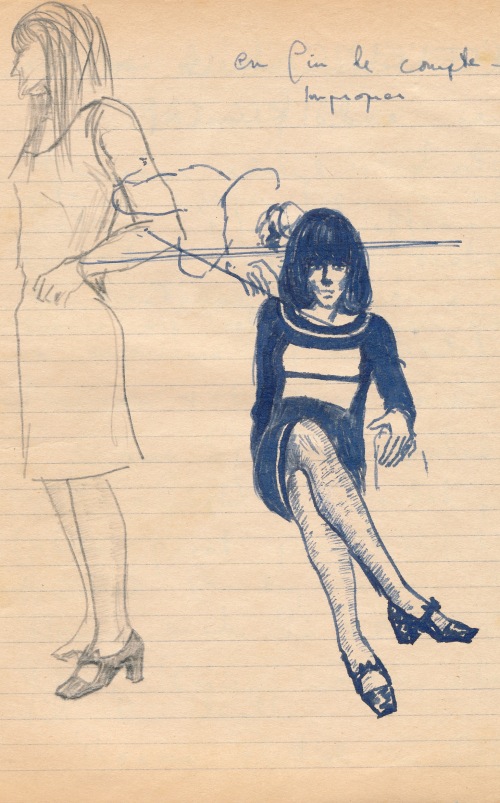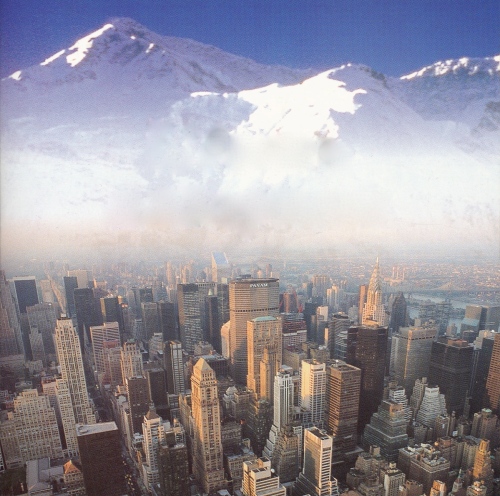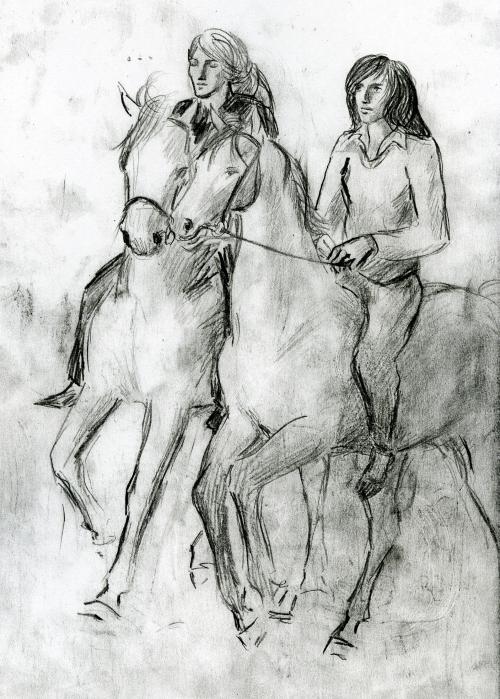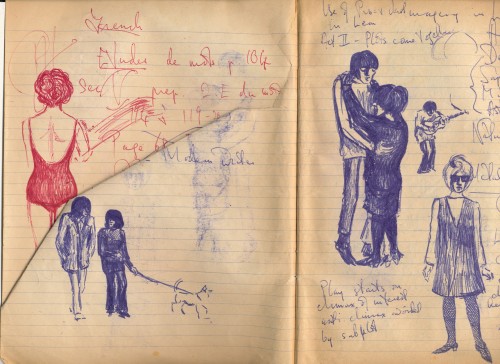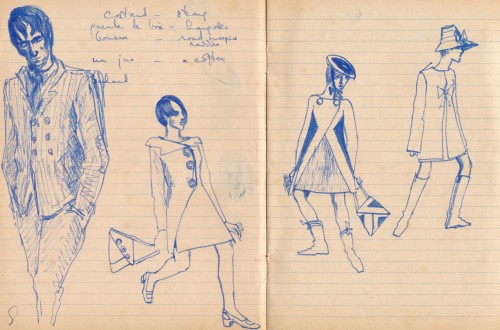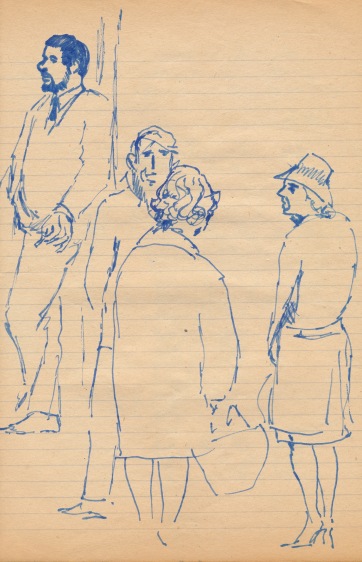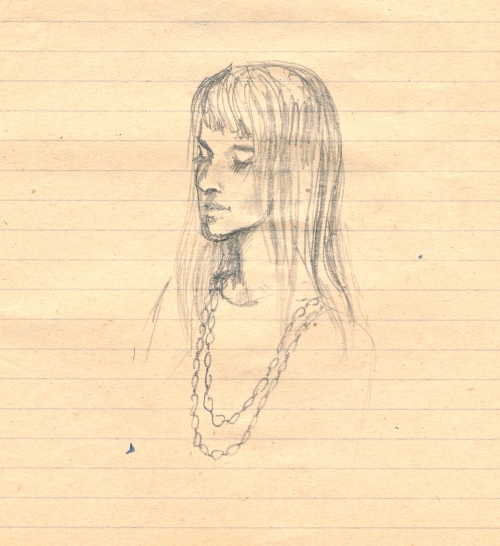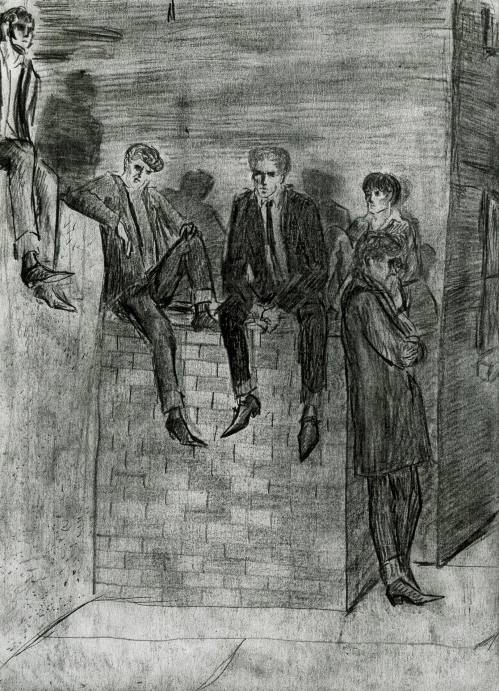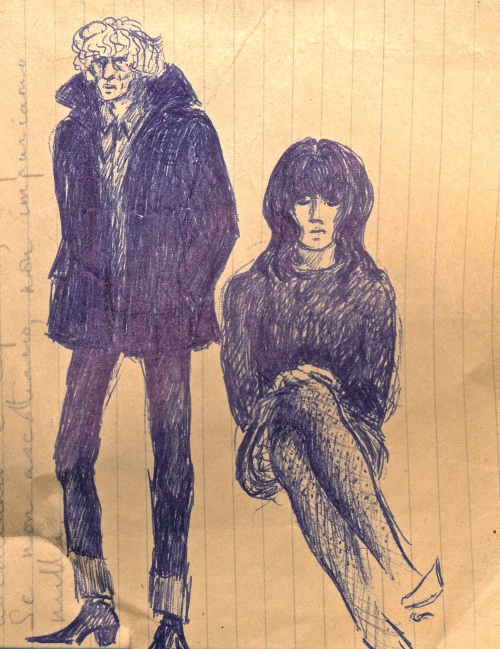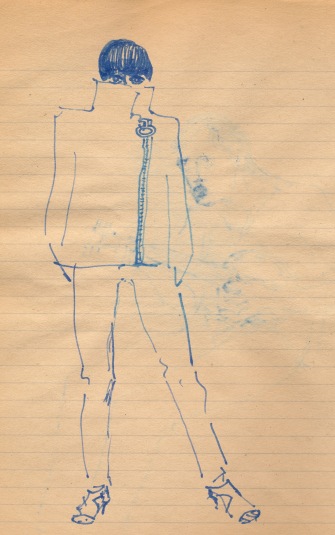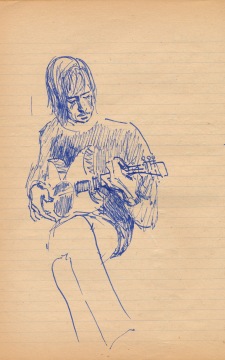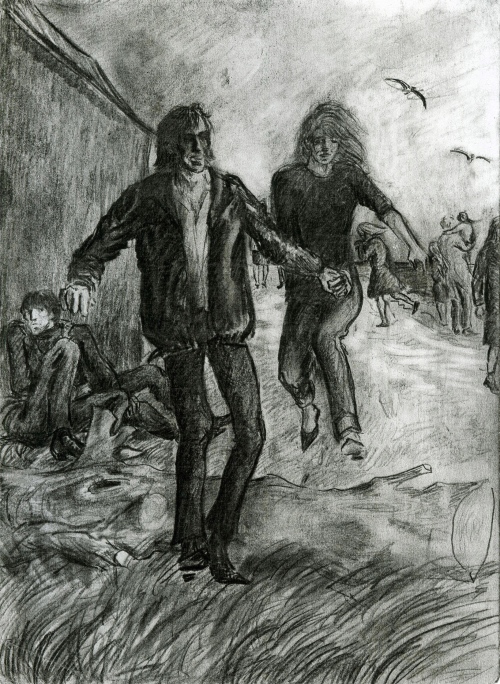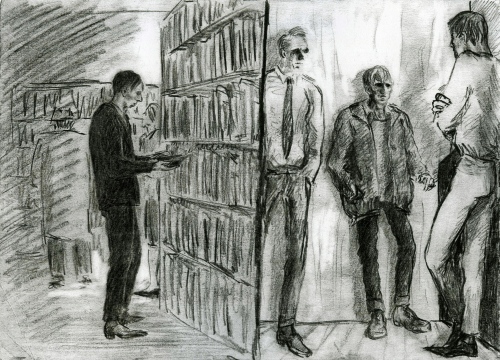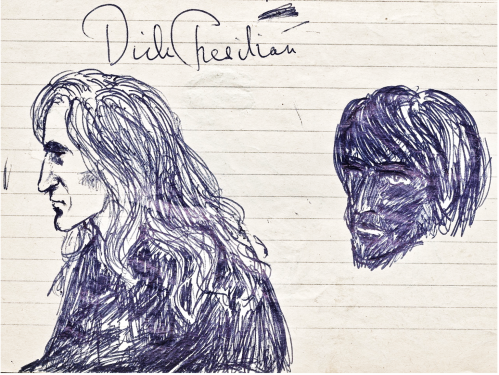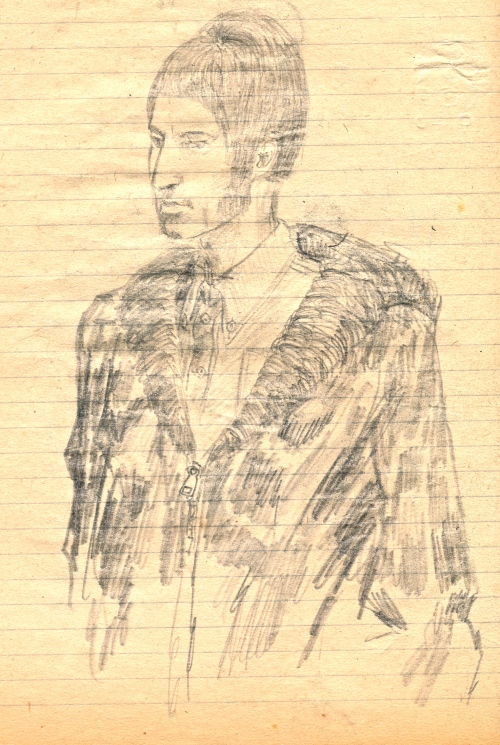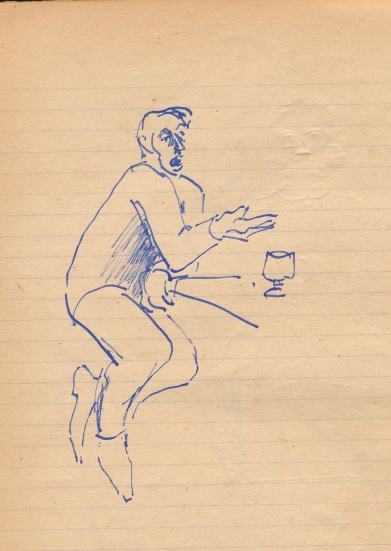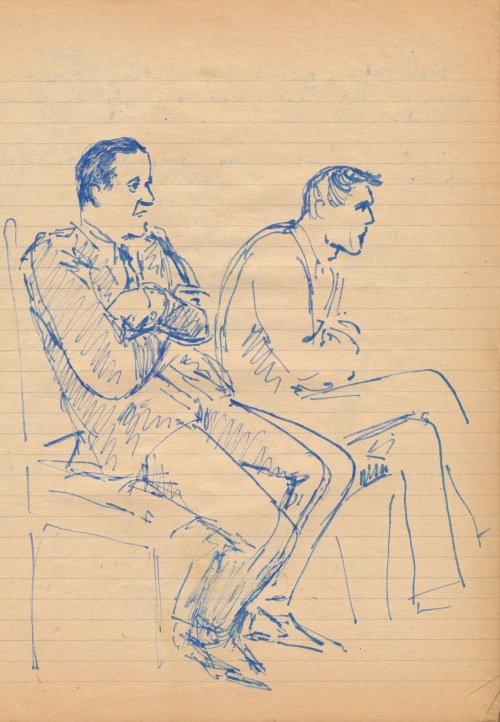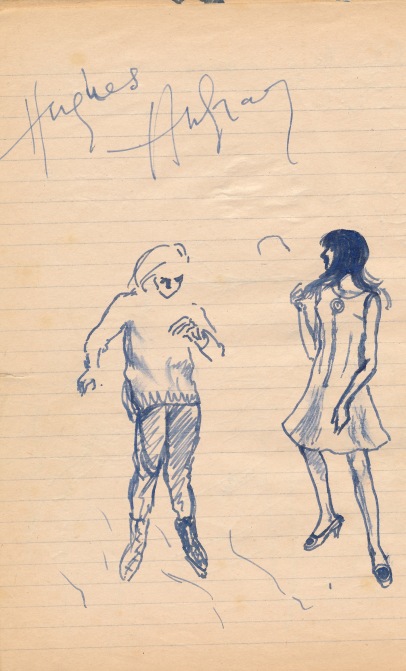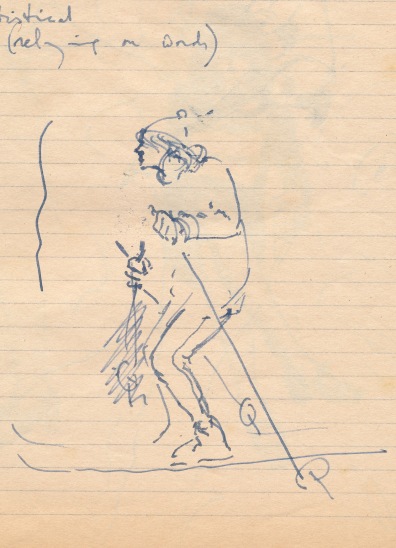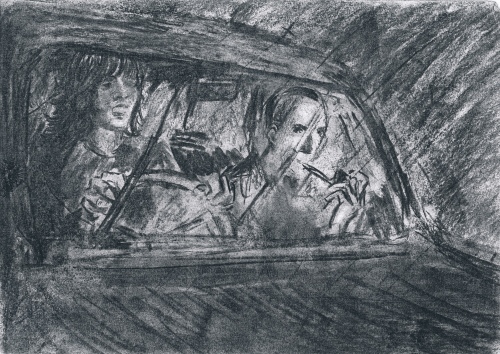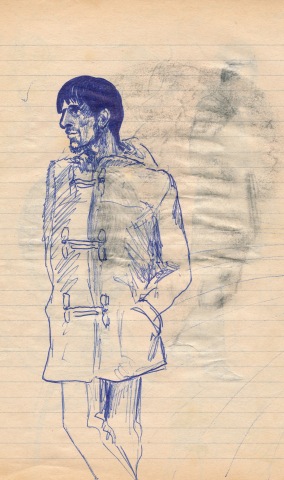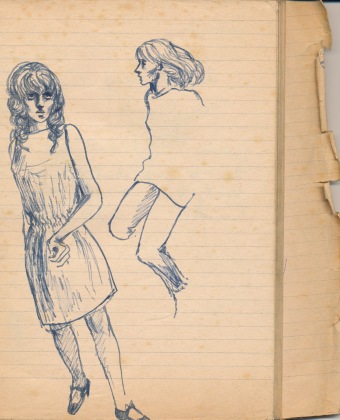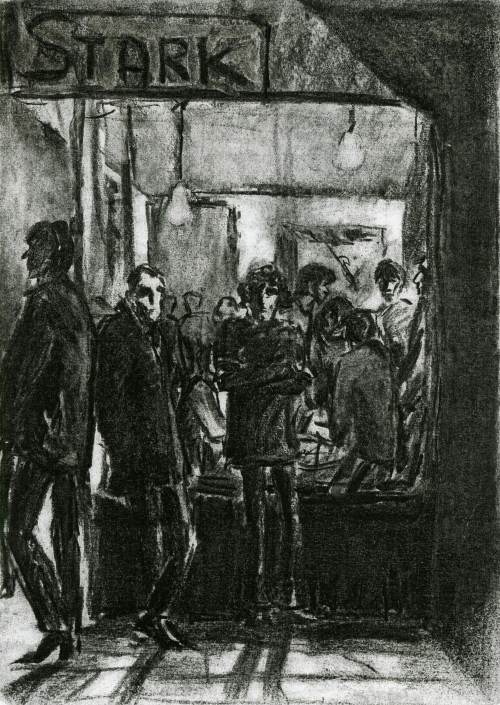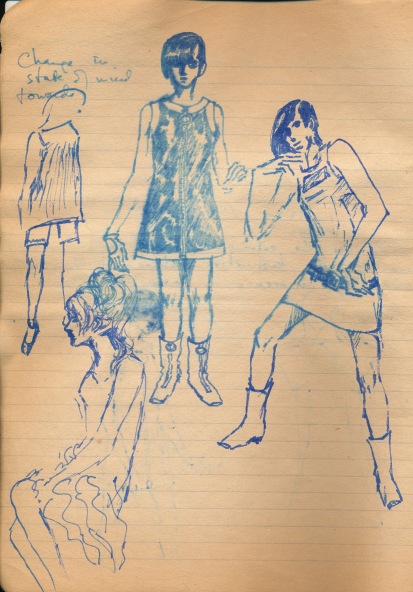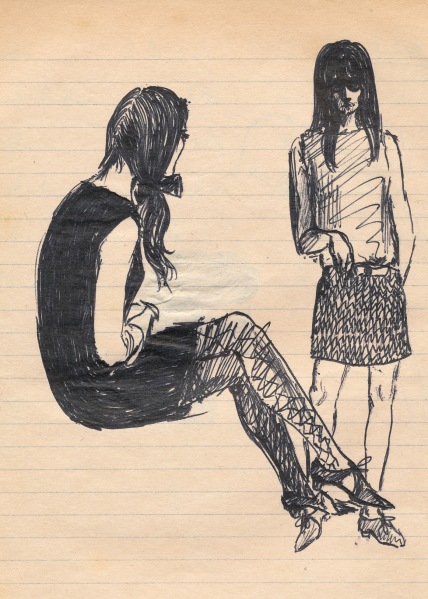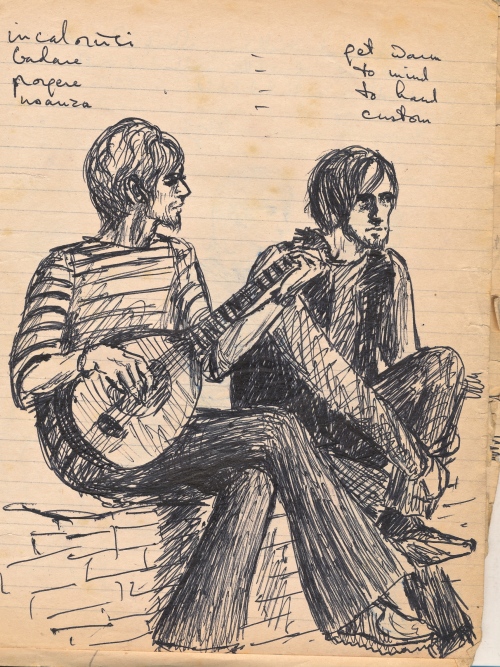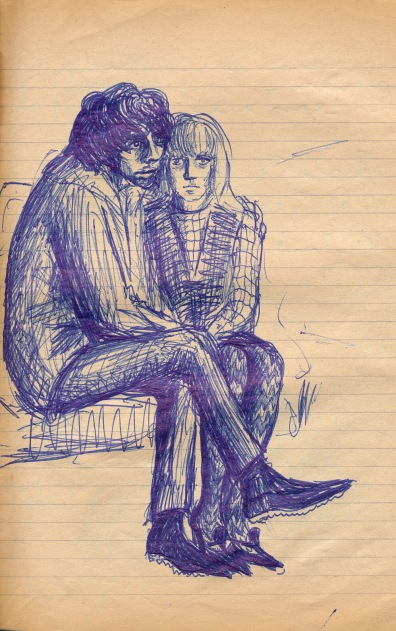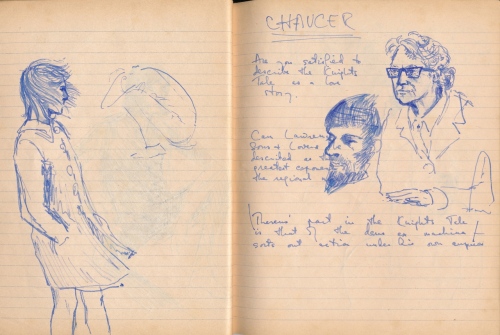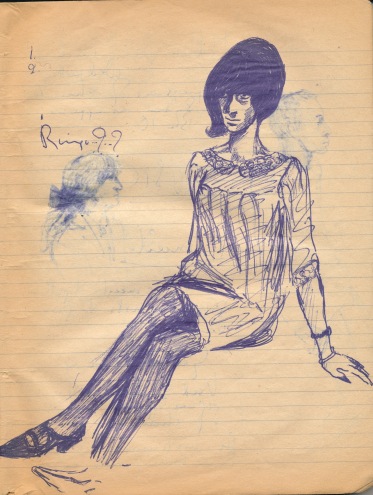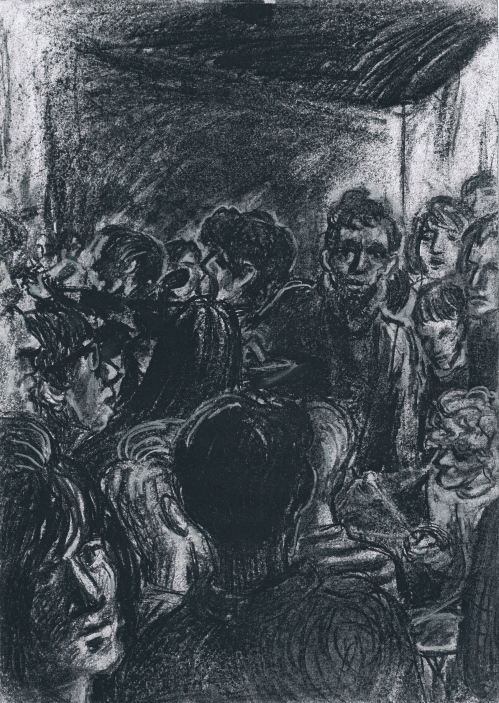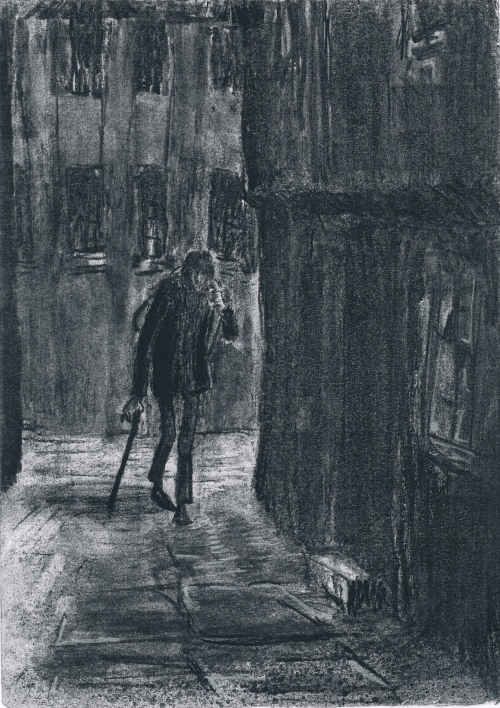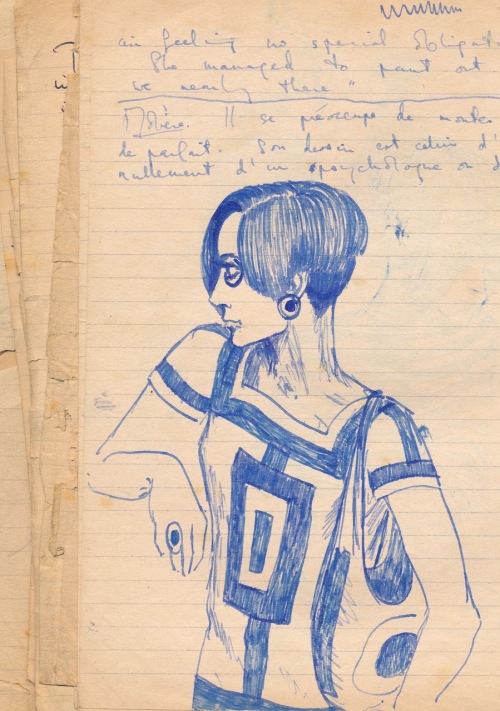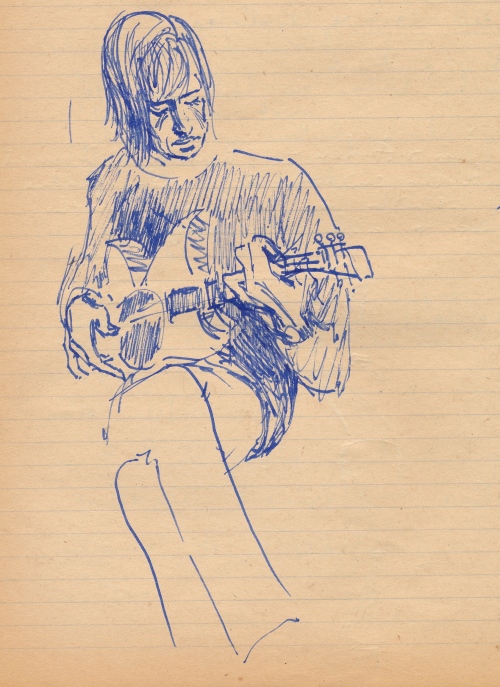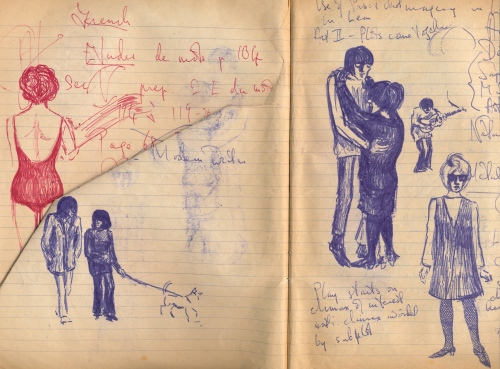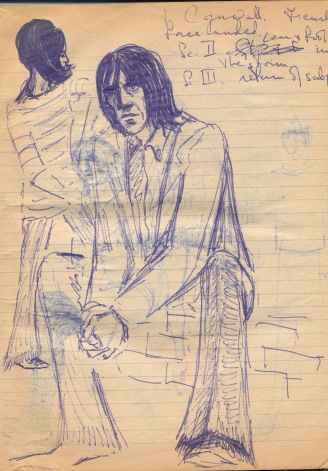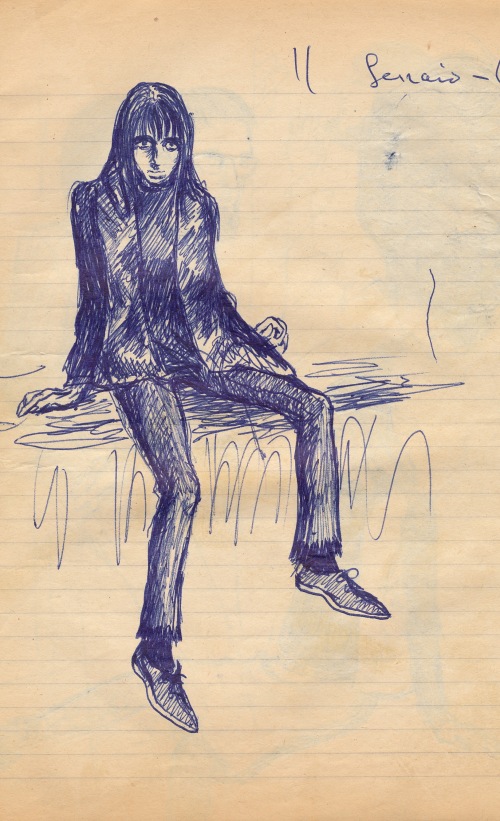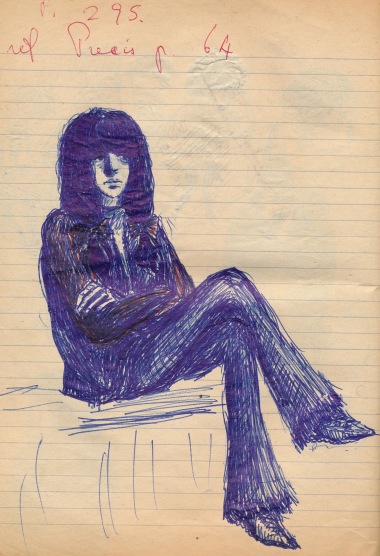
Link to Book Two

Scottish hills – The Rough Bounds
..
The Yearning: Early evening reaches after school
The frosty west horizon
darkens a lurid copper glow
where long ago the sun went down.
In silver flitting twilight, the long cloud crest
draws my Black-Down hills
The hills beyond the cloud for aeons lay.
The phantoms stand in front.
..

..
If I were to reach for you, star
glinting up there, a million light years of infinite night
as spider’s sunlit string at dawn,
if I broke our cloudy cloak and fled from earth, from home,
abandoning my spinning, self-contained sphere
to go beyond
thought, hope,
beyond wildest dream,
beyond time,
beyond ALL, somewhere
in that boundless reach
will you begin to swell to a ball of fire?
And should I go –
(fire burned out in aeons past)
beyond?
1964
These thoughts are in my earliest poem notebook. I lived near North Petherton where the Quantock flank rises gradually from the levels. Across Taunton vale, the Blackdown hills rode the horizon gently. On winter evenings after school, a mile to walk home from the bus-stop, the lane was pitch dark, and I groped between the hedges. On clear nights the stars came out one by one like songs until the heavens were ablaze.
..
..
Rollingstones a Lulu
Make me shout, mick
hear him sing and shout, mick
round, round, it’s dark, it’s hot, why I wanna
cry, mick,
shake the cavern
raw
girls screaming mick
make Lulu wanna shout roll round eyes
mick’s thin cheek,
fat door step lips
sob sullenly, It’s the last time,
baby, the last time
I don’t know
sweat hair, Stone
starveling eyes, snake hips
girls scream mick
strobe light judders
mike swipe, I wanna shout
charlie buttons up the watts, bill
rubs long bass,
brian’s thatch is off
the marbles,
keith the slinky dresser finger
pick, wanna shout
but mick
rolls Stones around the Night,
into screams,
screaming girls. 1964
..
1 : Cavern. I am not sure when I did these paintings which follow – whether before, or during the series of charcoal drawings. I was fifteen. They were done at school or at home, with the school poster-paints, on large sheets of the school sugar-paper. The powder paints mixed with water, had a sweetish smell. This painting has suffered folds, tears and damages over the years, which add to its impact. It hung, pinned to the ceiling, near the window in the “Old Bathroom” which was my artistic lair. Visitors were a little taken aback. Nowadays, these teenage mastiffs are commonplace. I think it is an impression of the Rolling Stones, before I knew what they looked like individually. I hear now the caged metal sing … the harmonica howl.
..
First: some poems – and a drawing from a later series, 1968:
Poet and child
2 : Gramophone Poems: Music at night – written during 1964 – 66. I worked on all the poems since then, to express what I then felt, more clearly; for I recall the flavour of each episode they were written to.
A few were linked, by association, to the drawings. Where this is the case, I put the poem and picture side by side. They are mostly metaphysical, as I tried to camouflage my obsessions; I loved the dark. I had tackled Dickens at eleven, and now my muse was Franz Kafka. At school, Milton on the First Rebellion, was a catalyst. Meanwhile, at home, my father – a farmer – followed J.Krishnamurti, and practiced on his family! This intensified my liking for abstract thought. From an early age, I felt burdened with a consciousness to deliver and unfold.
..
Music at Night
Do a pair of living hands
breathe my soul
inside the box?
From a shadowy land
over the sea to this,
some dying thing has passed,
coiled in a shining disk.
Placed on turntable, tripped by switch,
the snake unwinds, reveals
a city, seething
brand new humanities.
Adam promised
to read this book for me,
to open my own
untrodden land.
He may have walked my fields –
he bought them long ago
before he was even born ;
nothing then was his.
“Dust incarnate,” God has said,
– “to dust of stars return.”
1965
..
Symphony on the Gramophone
Needle
trace for my ear
your story along the groove
of a glossy black planet
that quietly turns.
So many voices are sown
in this furrow you plough
as my field rolls your circle
into its core
slowly scratching.
I, in the dark room hearing,
stare at the embers.
1964
ALT: carry you round and round / a slowly diminishingcircle / to the centre,/ softly scratching
..
3 : Confession. A desire to confess, or confide. What a lot of time we passed, gazing into the embers on winter evenings. I do not remember doing this painting. I found it in a folio of my school work, and it surprised me! It must have been when I was about thirteen. The red glow in it is intense. Those are the old wooden shepherds’ chairs we had in the music-room; my parents had them in Scotland, and my mother sewed rough grey army-blankets around the upholstery. The furniture was the family’s “face”, we hardly saw it. Yet I touch – in here – the dark wooden arms, scuffed to a smooth, pale yellow.
I was desperate for a confidante. This was not because my hardworking parents were unreceptive. It was the struggle of arranging my interior intensities into an articulate presentation, time and place; and my fear of being teased or losing face. Pipe smoke is reassuring, and gives me time. Later on, I smoked heavily, to companion an equally intense lover, during our battles to communicate.
This painting – (I portrayed myself as a bloke in those days, because as a young female I felt vulnerable and confused) – has a reassuring, spacious quality. We might be listening to music. How rocklike, warm and relaxed my listener is. I hear the hissing, spitting sparks of the fire; the slow crumblings of the log – sometimes it tinkled as it fell to ash. There was an abundance of apple and elm wood, which we chopped. Fire in the wood is a wonderful image for Karmic issues, slowly burning out.
..
To my poems in the 1960s, I add more, written in 2010 – my own feedback to the resurrected memories. Like the early poems, they grew as inward songs towards the deep.
..
..
Film Clips – A Hard Day’s Night Movie
There were milk machines. You put in two bob, and out came cool fresh milk in a cardboard box.
“I fought the war for your sort” – “Bet you’re sorry you won!”
Floaty fans wore tall fluffy hair with long ends, school uniform, ties, fawn socks, and ran and stretched their hands and broke their hearts in railway stations. They burst the sound-crew’s ear drums
“I never realized what a kiss could be” – “you love me too.” Hiding in the luggage van – a lad wants girls, then there are too many; the lad is snoring, cos he’s a window rattler.
There are minders keepers, and jam butties for breakfast, and the sheer joy of hippy shakin’, in sweaters, blouses, skirts, frocks. Free LOVE. Hey! He shaved the mirror, he knows just where to look. Are you a Mod or a Rocker then? Neither – I’m a Mocker. Just turn left at Greenland. It’s grotty – y’know what I mean? Grotesque!
From laddering the back stage, split timbers and frowsy dressing rooms, the Fab Four burst into high harmonic frame – CAN’T BUY ME LOVE (a belted 12-bar blues) – running out to perform four squares rough tumble on the grass roots; the helicopter scooped it up, soaring skyward, even though the camera was low on battery and shot slow frames.
Between gigs, there are board games of shove ha’penny for high stakes – “Tell me why, why why why you lie, and why you always cry to me?” That horn rim glasses guy among the camera crew turns up everywhere, in every city. I know him. He is slightly hip. Perhaps he’s David Hockney.
Meet Dick Lester. He is a Goon movie director. He’s stylish, ex wide-boy, and nutty as a professor: “using hysteria to control the natural exuberance. Like, I tell the camera crew – you are my eyes. Do your stuff! Let it happen!” In later years, he would say, “How could I know what was going on in the 1960s? I was the centre of the universe!”
When McCartny snipped the tailor’s tape: “I now declare this bridge/synagogue/fish and chip shop OPEN”, the English Happening opened for business. Victor Spinetti wore the gay pullover, because Brian was shy. They said – write a song, boys, for the movie. Ringo quipped – but that’ll take a hard day’s night! The song was written overnight, AFTER the shoot was in the can. “Guys, we got a hit song on demand!”
America’s media top brass, at the first screening said “I don’t know what that was about, but I think we’re gonna make a lot of money.”
A dreaming grandpa Steptoe – Britain’s world famous rag and bone man – got himself cranked up onstage and down again as the Wurlitzer organ took a nap. How anti-Hollywood.
2010
..

4 : Hard Days Night. Heavy hair fringe, and Beatle suits! I painted it black. I painted the whole paper deep, rich black, mixing many colours, and then onto it went the yellow street-lamp. The heavy paint dries out the cheap sugar-paper – it is amazing these paintings have not crumbled away.
The Beatle with his briefcase wants to get home to his girl: he dances in the street, because it’s cold, it was – a hard day’s night, what makes him shiver? And they made a film, and it all went crazy, the can bust open on street corners and in railway carriages, and it is a fabulous hit. It turned the stars around. I thrill to that heavy clash on the electric strings where it starts – Owww – you know, I feel alright …
And I’m also a shake, a hippy hippy shake-shake, I can’t sit still, for goodness sake I burst with the pills. I’m a dancer and a shaker and it’s dark, unbearable, she’s not there and OWWW – you know I feel alright.
..
..
Little Children … (a song by Billy J.Kramer and the Dakotas, 1964)
Such neat, shining boys, with smooth ducks tails and tie. How could you guess he’d slip you candy and a sixpence not to spy and tell on him, so he can kiss your elder sister on the settee without little children like you around?
For the little children are peekin’ and gigglin’, why don’t y’all just go bye bye.
Neat boys with smooth ducks tails and sandy cheeks – big sister going steady – can’t you keep a secret? The house is too small, the family too large for kiss snog snigger.
Children, stay under the stairs. It is thudding through stripy pyjama wallpaper, while Mum rakes out the kitchen range, and Dad is not yet back for his tea.
2010
..
Evening in the Snowdon Hut
Boy with sandy hair
play a poke o’ smoke against the dark …
window pane
mirrors my interior
tumult, climbers’ gear on chairs and tables
plunge and soar like
mountains in the Night outside
but the
Darkness pressed on the window
prisoned my impression: the firs
softly stir the warm
night air outside
my beating bird.
1964
..
5 : Evening in the Snowden Hut … A memory from my first climbing holiday away from home. I was 15. Every time I see this painting, I hear “Little Children” through Radio Luxembourg’s drifts of crackle and static – a haunting tune, with pictures in my mind. The scene is just the lads, but I have a calf’s love for one of them, and I pretend to be a lad too, so he won’t notice. I am not safe. He wears a blue jersey in the distant reflection. I feel only just contained within the window, and I hear the trees outside in the dark, the wind, their branches beating softly on the pane.
..
School Girl (1969) by Argent/Supertramp, Words & Music by Russ Ballard
Remember when you were a schoolgirl, schoolgirl
when we played love games like children do.
And in some games I used to pull your hair
and other games at your house with no one there.
Schoolgirl, schoolgirl; those love-letters that you handed to me
Schoolgirl,,schoolgirl; early Mondays and Sundays for tea,
I must have been a fool not to fall for you
when you were a schoolgirl.
Remember when you were a schoolgirl, schoolgirl
those holidays when I showed you what I had,
remember when your mother caught us there;
my father kept me in for being bad.
Schoolgirl … …
..

6 : School girl. This is me, with my satchel, pretending to do my homework. He also is me, with a lean and hungry look; the glamorous adult angst. I watched the streets for him. I called him “K”, because I was reading Kafka. Perhaps I am waiting for the bus. The yellow streetlight stains the figures. The glass reflecting night, is a recurring theme. We have here, an interface of worlds; the shadows pass, like those in Plato’s cave, in conversation.
Which is the inner and which the outer plane? Which is reality, and which the passing show? One of those souls in the dark window turns, to look at you! That face behind the schoolgirl, your own reflection, might be her spirit guide.
..
..
Strangers in Trains (1)
Dark lights in here
rattle an echo through
night, wind rushed, we
slumped to the rails’ gallop
through sleeping soils
and the stranger
laid his head on my shoulder
to sleep
(just us few scattered together) and the sea
fluttered softly –
I felt so proud I
knew not how to bear
the honour of his heavy head
and breath ;
we are a grown up city now
upon the sleepers
and in the ocean of night,
a ship’s light
still moves slowly, far
from our dim, swift shore
which heaves.
Her waves lap gentle
time on the window, but no boat
awaits us, only the
city lights
long ways behind.
1964
..
7 : Couple in the Night: Strangers in trains or ships. Ah! I see that picture with this poem in mind – the distant lights – though the actual train journey was another time, and reminds me of the open voyage when we are young – may it never end!
There are places on the edge of towns, which are deserts and death. Where is he taking her? That is a very small suitcase. What did they abandon – or who abandoned them? That badly mended tear down the night, and into him, is how he feels. But look into his eyes, and you meet a pagan god, an orgasmic power of the will from primordial space. She is deeply resigned and accepting, like a Madonna. She is his strength, she keeps him in touch, she holds his left hand – his subconscious. She is lit from that window of a house, which he does not see. They are moving on, from some deep trouble or sorrow. The world is changing. This picture too is black; and painted on with light.
..
..
Hippy Hippy Shake
Hitting the town tonight
I jingle here like coins
Beatles and
the Swinging Blue Jeans.
The thrill is in the bag
and I’m a stand-up guy,
I don’t feel no frost
pockets rattlin’.
And the
rocker tunes, the buzz of
Billy Fury bikers fill
the road with
accelerated innocence;
on the pillion are
girls behind the glass
with powdered lips and eyes of sand
and passions in their purses
I don’t understand.
Those brief sexy jets
drive me crazy I can’t sit still
yet here I stand –
here it stands –
Ooh-ooh! the hippy shake-shake
OWWWW!
..
8 : Youths. The dark haired one is called Manfred. He developed a strong character in my drawings and inner world. He wears a black velvet suit and tie, but his hair and face are wild, and he is stoned. He never sleeps; the streetlights carve the hollows in his face. He is an educated man, in style a “Mod”, but he’s hanging out here with one of his “Rocker” friends. Unconsciously they lean on that fragile illumined membrane with the night. The Mods were mostly in Taunton, the Rockers in rougher Bridgewater. As crusading cavalry on macho Harleys and mirror-twinkling Lambrettas, their warfare outraged good folk, and stood no test of time on beach or promenade.
He’s called Manfred, because the sound in the pop group Manfred Mann, evoked him for me. His friend is a big bloke, with duck-ass hairdo, brylcreme and a clean shirt. I hear the warm snap of his lighter. It’s Saturday night. Good pair of legs! He wears winkle pickers, but you can’t see them. The darkness around Manfred is sensual and sexy. The velvet tone of yellow on black, excited me, when night fell. It is like a bumble bee.
..
..

9: Lovers in charcoal. This is a detail from (33). Here is the reckless fruit, on a railway footbridge near Taunton School. I saw them in the corner of my eye as I passed somewhere; went home and drew them. How passionate and joyful they are! They are alive – those violent struts and strokes of charcoal around them, are shadows, almost coming to life – the iron rails and wooden boards – an erotic life.
..
..
And here is the artist:

An early drawing, 1954
..
… and a black and yellow bumble bee
..

..
..
..
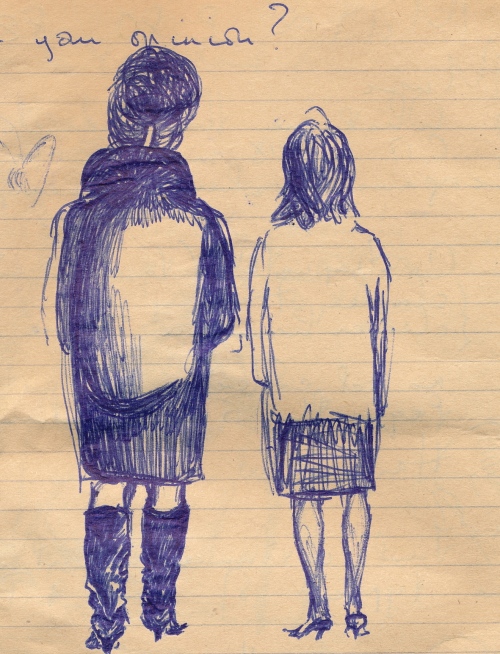
Follow the Beehive in Boots
..

To view slides, click on any image, and wait for Gallery to load

Follow the Beehive in Boots





